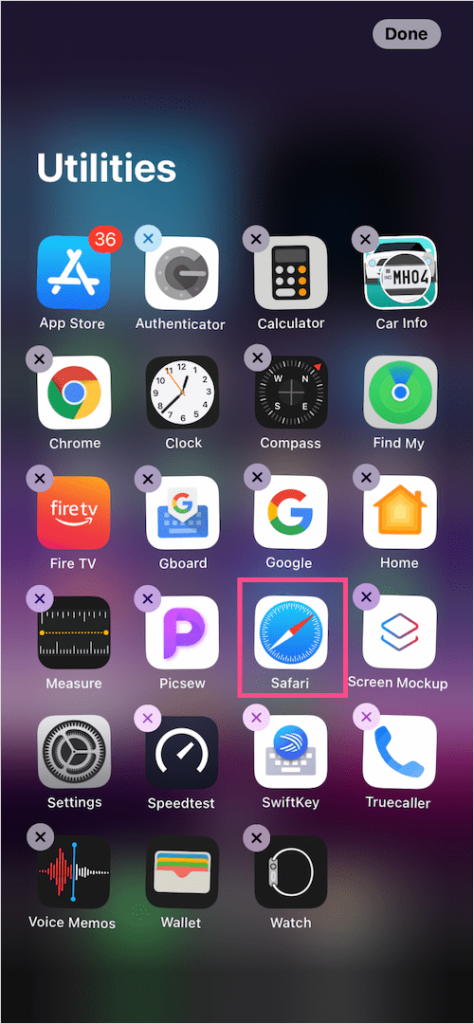
Luckily there are some quality tools and techniques available to help alleviate the pain of developing and testing responsive websites, whether you own any testing devices or not. This means being signed in simultaneously on each device and simulating different scenarios. Due to the nature of the marketplaces, we want to focus on testing the same actions across a range of mobile devices and browsers. Since beginning our journey to responsive enlightenment, this testing process has become even slower and more complicated.

Until recently we used a combination of Pow and xip.io on our development machines to serve the marketplaces to our testing devices and VMs. When developing the marketplaces we run multiple local development servers which makes normal cross-browser testing complicated. Reviewing your own mobile traffic data and researching device stats usage is a great place to start deciding which devices and browsers to support.
We’re using traffic data and survey results to help narrow down the devices on which we focus our mobile browser support, so that the changes we make assist the bulk of our users. The ultimate goal is to deliver a consistent experience to users on a variety of devices and browsers. When testing mobile and responsive sites on mobile devices there are basic factors to test for. I’m going to take you through some of the options I’ve explored while setting up the cross-browser testing suite we use for the marketplaces, and some of the workflows and techniques that make us more efficient. We’re currently working on making the sites responsive, so having the right tools and cross-browser testing on a range of mobile devices is incredibly important. On the Envato Marketplaces we get over 16 million monthly visits, 6% of which are from mobile devices. Add in the ever-growing multitude of mobile devices now available, and it can be a real challenge developing your site to deliver a consistent experience to all. Not so long ago, cross-browser testing meant firing up different versions of Internet Explorer, Chrome, Safari, Firefox and (possibly) Opera on multiple operating systems.


 0 kommentar(er)
0 kommentar(er)
